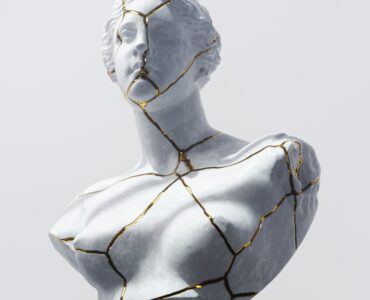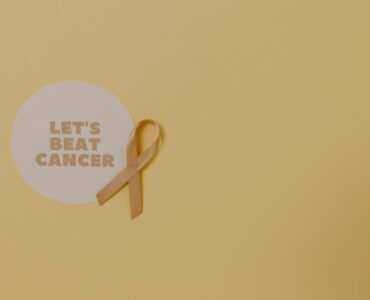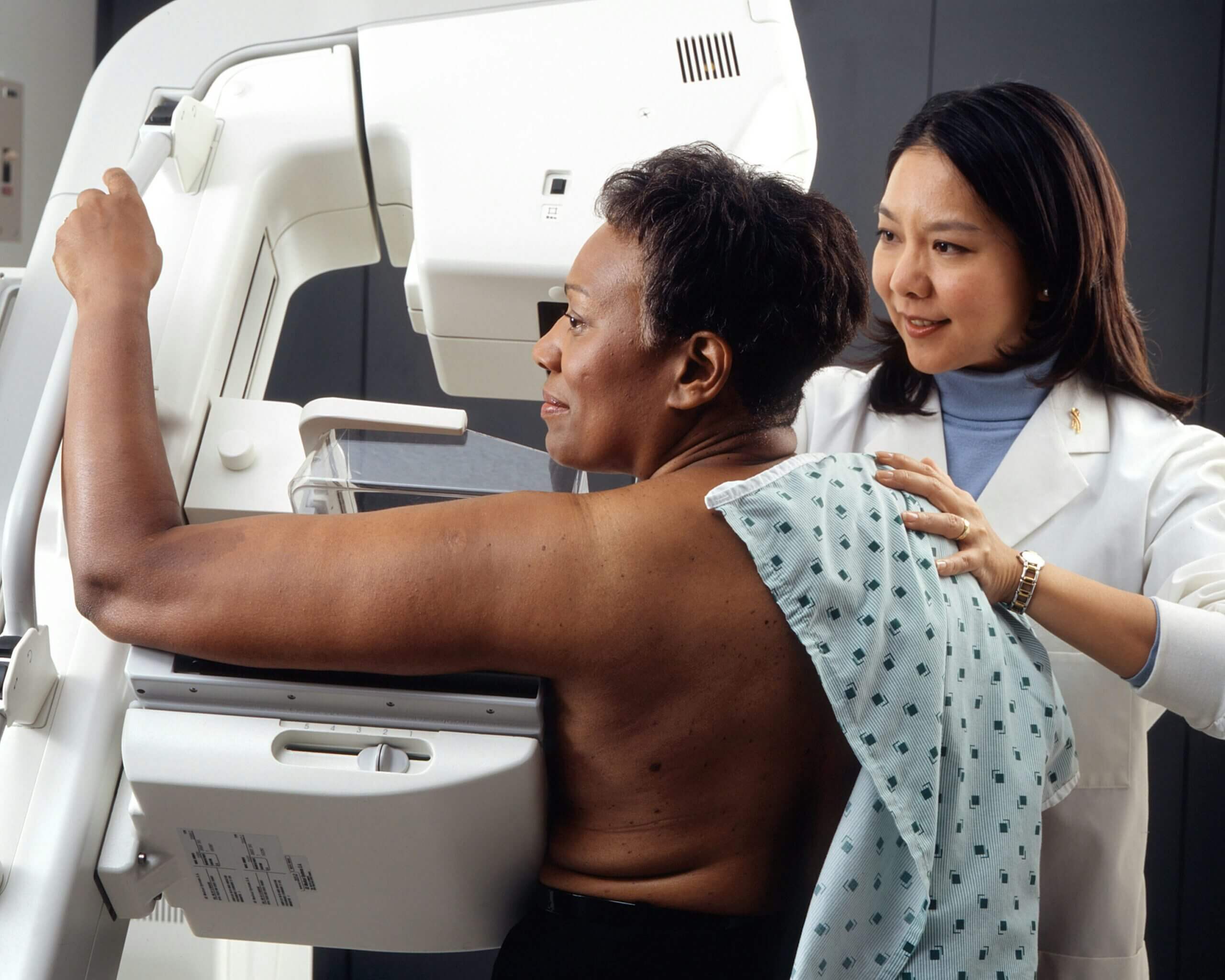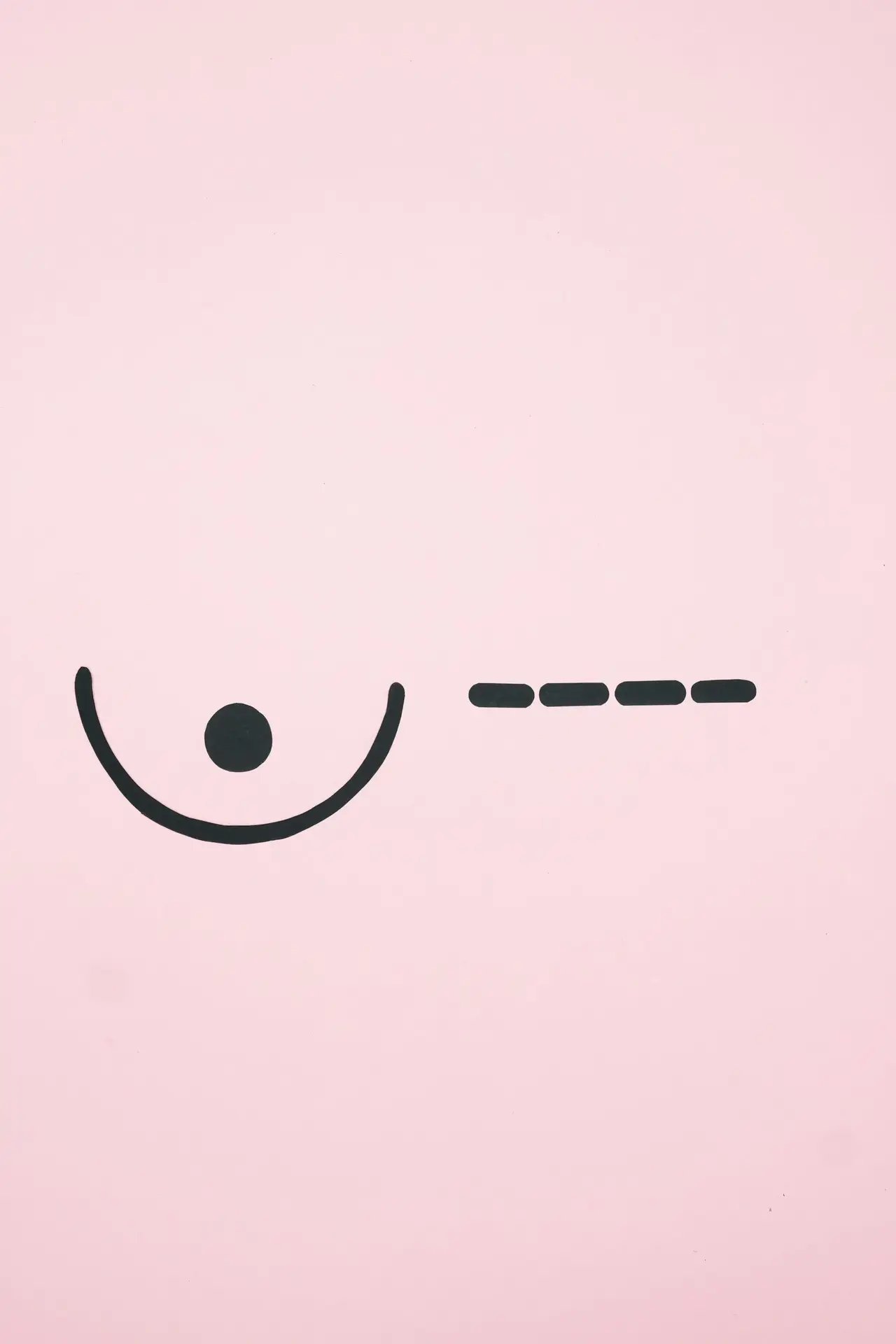A woman with breast cancer. What picture do you conjure up in your head? If you are an advertiser or content creator that buys into the media depiction of breast cancer, she is probably depicted as weak, pale, harnessed to an IV pole and wearing a scarf on her head. She’ll definitely be wearing pink. Outside of the weak and pale business (I felt and looked quite hale and hearty for the majority of my time in treatment), sure there were times when I was up close and personal with an IV pole, and yes, I did wear the odd scarf when I lost my hair. However, this was a small point in time of my life.
I will always be a woman who had breast cancer and who is still defined and shaped by my encounter with the disease, even though my treatment has ended. I feel great and very healthy now. I have no evidence of disease (NED) and my head is now covered with a mass of curly salt and pepper hair.
Every year globally, 2.3M women are diagnosed with breast cancer. With a survival rate hovering around 90%, that means that there are tens of millions of women worldwide who have experienced a breast cancer diagnosis in their lifetime. In the US alone, there are more than 4 million women alive today who have a history of breast cancer diagnosis.
Most of these women have had surgery to remove the cancer from their bodies and live with the results of that procedure for the rest of their lives. Our bodies are now different. For a woman with a lumpectomy, this might mean she has one breast with less volume and may be smaller than the other. Then there are women, like myself, who have had a single or double mastectomy. We may have one breast, no breasts, or reconstructed breasts. All of us bear scars. That said, none of us wanted to be seen as something “not normal.” It is just who we are now.
When we watch a movie, a television commercial or see an ad in a magazine these days, it is normalized that we see diversity depicted. As it should be, media and content producers today strive to be a mirror of today’s society, representing the true fabric of the world around us, inclusive of race, gender and relationship. We have normalized same-sex couples, gender identification, bi-racial families, and individuals with cognitive and physical disabilities. No one blinks an eye. Gratefully, we are moving past tokenism.
And yet, why is it that individuals with breast cancer are depicted by media and in advertising only as sick, dying or not at all?
Have you ever seen a woman in a commercial or movie who has a mastectomy scar or a single breast? Or no nipples? Thanks to Christine Handy, who has walked the runways in New York and Miami during fashion week we at least have had a survivor and a flat model accepted into the world of high fashion. As an aside, Christine also has a movie about to come out where the woman with breast cancer doesn’t die (shocker) but rather, goes on to joyfully live her life. What a concept.
I never feel the need to conceal that I no longer have breasts. I don’t feel an ounce of shame in the way I look. I’m just out there living my life in my new, surgically altered body. I don’t wear prosthetics. I am not going to spend my life relegated to loose-fitting tunics, scarves around my neck and cotton undies as the health experts recommend (please!).
Now absolutely a cancer diagnosis is a terrible and frightening thing. I am not making light of that, but there is also an almost abnormally pathological level of societal terror around the disease. The way to acceptance, to greater understanding, is to normalize it and depict it. One in eight women is diagnosed in their lifetime with breast cancer, and one in two of the global population is expected to experience a cancer diagnosis in their lifetime. That’s not minority representation by any stretch of the imagination, folks. And if you look at it through a consumer buying lens, that’s one heck of a ready-made audience. So tell me again why is it that media, brands and advertisers persist in either depicting us as helpless victims or, simply ignore we exist?




